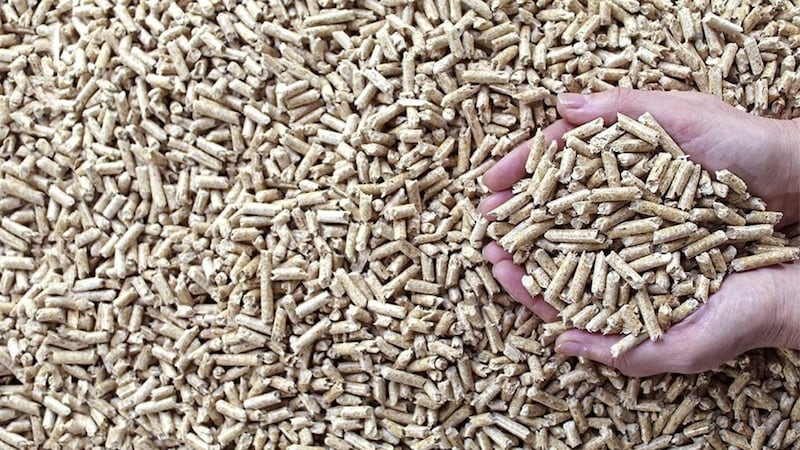QUESTION: Do you think that the change in government will result in increased taxes? Should I be taking any action now before the likely September Budget?
ANSWER: The answer to this question in short is, yes. New chancellor Rachel Reeves has inherited a threadbare Treasury. Her manifesto commitment during the election campaign was that she would not raise the main tax rates rather pinning her revenue raising on achieving higher economic growth. The main taxes are income tax, national insurance VAT and corporation tax so the only real room for manoeuvre are capital gains tax (CGT) and inheritance tax (IHT).
CGT is an obvious target. The current rate is 20% (24% for gains on residential property) with a 10% rate for business asset disposals (capped at a £1m lifetime limit). Ironically, under a previous Conservative government many years ago, CGT was taxed at marginal rate where you added your gains on top of all other income and then taxed them.
Were this to happen now, the CGT rate could rise as high as 45%. A Labour administration could easily sell this as rewarding work with a lower tax rate than investing. If you are sitting on significant paper capital gains, you could crystallise them now by selling off the assets, paying CGT at 20% and then re-acquiring them after 30 days so as not to fall foul of ‘bed and breakfasting’ tax rules. This would re-base your portfolio to the current higher market value and crystallise the gain at 20%.
Existing CGT law also allows business assets to be transferred with the gain ‘held over’ such that the receiver assumes the old base cost of the giver. While this ‘holdover relief’ may remain, people considering passing on business assets in lifetime could consider not making the holdover election and banking a 10% CGT rate (subject to qualifying conditions). This could also be used when placing assets into trust which is both an effective IHT and CGT strategy.
Pensions have been constantly tinkered with by successive chancellors. Ms Reeves has said that she will not reinstate the lift time allowance limit which was removed by Jeremy Hunt to stop an exodus from the public sector by senior doctors and public servants hammered with an annual tax charge. However, she could remove higher rate tax relief on pension contributions or reduce the annual contribution limit back to £40,000 or even lower.
There are several IHT avoidance strategies such as investing in assets that qualify for 100% IHT relief (business property relief) and we could see a curtailment of these reliefs or a reduction in them. For example, in the Republic of Ireland BPR is given at 90% and the recipient of a business asset must retain it for six years to prevent clawback.

On death our asset values are re-based to market value with no CGT charge. This uplift could be removed with the inheritor assuming the deceased base cost with a resulting higher CGT charge on the disposal of the asset.
In summary therefore I think we can safely say that CGT or IHT will not be reduced and will likely be increased. The forward plan therefore is to bank gains now at lower rates and to pass on assets when the generous UK gifting regime remains. Those contemplation significant pension contributions this tax year should make them now.
- Paddy Harty (paddy.harty@aabgroup.com) is tax partner at AAB Group Accountants Ltd (www.aabgroup.com). The advice in this column is specific to the facts surrounding the question posed. Neither the Irish News nor the contributors accept any liability for any direct or indirect loss arising from any reliance placed on replies.








